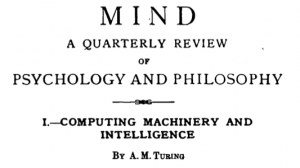If you have to understand the law to read a book, we have failed. If you have to enter into a contract – any contract, even a ‘‘good’’ contract – to read a book, we have failed.
These are cultural, not industrial activities. It’s insane to ask people to sign contracts to read books. Seriously, who actually thinks this is a good idea?
Maybe we do need rules for culture, and maybe we even need laws for culture, but they shouldn’t – and can’t – be the rules we designed for industry.
It’s not always easy to tell the difference between culture and industry, but there are plenty of cases where it’s totally obvious. For those fuzzy cases in the middle, come up with some guidelines and let the courts apply them.
It’s a wildly imperfect system, but at the very least, it isn’t the grossly Kafkaesque idea that you should have to enter into a 22,000-word agreement with Apple, AT&T, and Random House audio in order to listen to a 15,000-word novella.
~ Cory Doctorow from, http://www.locusmag.com/Perspectives/2015/01/cory-doctorow-a-new-deal-for-copyright/
slip:4ulope1.
ɕ
